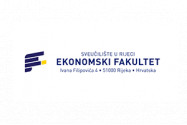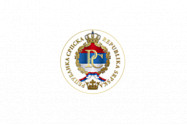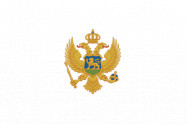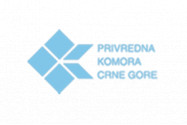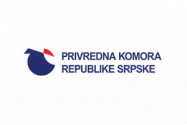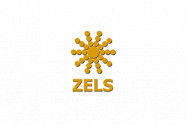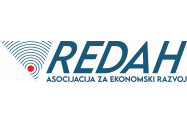- Last change: 22. January 2026.
- Site map
-
29. October 2024.
Serbia Committed to Green Transition: 45% Energy from Renewable Sources by 2030
Energy transition, the use of renewable energy sources, and the promotion of innovations and investments in sustainable technologies are key initiatives for achieving ecological goals and enhancing the competitiveness of our region. This was the conclusion of the third regional CORE Days conference – Responding to ESG Challenges, organized by NALED with the support of the Swedish and German governments, in collaboration with the Partnership for a Competitive Region.
"We are not only aware of the importance of ESG principles in Serbia, but we are also committed to integrating them into our policies and practices. Serbia has submitted an initiative to the United Nations for the adoption of a Resolution on the International Decade of Science for Sustainable Development to address global challenges such as climate change, energy transition, and resource preservation for future generations," stated Minister of Science, Technological Development, and Innovation, Jelena Begović, during the conference opening.
To support this process, the Swedish Embassy in Belgrade, in collaboration with NALED, will work over the next three years to promote the sustainability of supply chains and their compliance with the EU's environmental, social, and governance standards to enhance the competitiveness of domestic companies in the market.
"The involvement of the private sector is therefore very important. Supply chains often rely on practices that can have a negative impact on human rights and the environment. The implementation of new EU regulations is an opportunity to respond to existing challenges and promote sustainable policies. Companies should conduct a 'deep dive analysis' and map the risks associated with applying ESG standards to improve their sustainability practices," said An Charlotte Malm, Head of the Development Cooperation Department at the Swedish Embassy.
British Ambassador to Serbia, Edward Ferguson, welcomed the development of the debate on climate change and highlighted the Serbian government's decision to adopt the Integrated Energy and Climate Plan, which aims for 45% of electricity to be generated from renewable sources by 2030 as particularly important. He added that the UK will support the Western Balkans with £15 billion for export financing.
In line with sustainable development goals, the fourth edition of the Certification Program for Municipalities with a Favorable Business Environment in Southeast Europe (BFC SEE) now focuses on digitalization, environmental protection, innovation, and EU integration at the local level.
"Fifty-three local governments from the entire region have engaged in the process, and the BFC program has become a tool for identifying best practices in reform implementation. For example, Serbia and Albania have introduced electronic building permits based on the model of North Macedonia, and now regional economies are adopting Serbia’s solution for the online registration of seasonal workers," stated Violeta Jovanović, Executive Director of NALED.
To enhance and align business conditions in the Western Balkans, NALED, with the support of German Development Cooperation, established the Partnership for a Competitive Region (CORE Partnership) in 2022, in collaboration with more than 20 institutional partners from seven economies. This platform serves as a dialogue and exchange forum for best reform solutions, implementing the BFC SEE certification program and organizing the CORE Days conference, which annually addresses significant topics for the region's future.
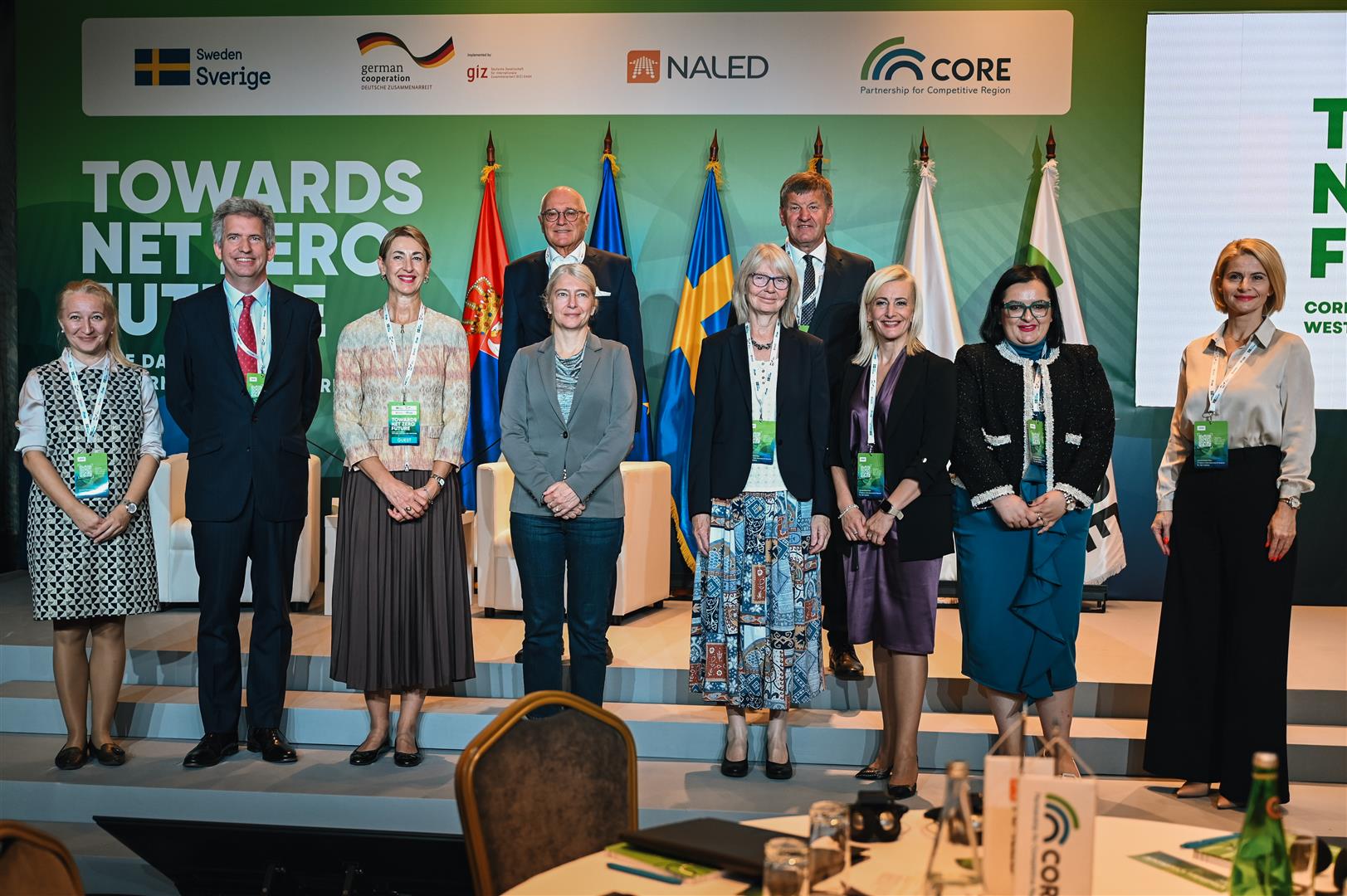
-(Large).jpg)
-(Large).jpg)
-(Large).jpg)
-(Large).jpg)
-(Large).jpg)
-(Large).jpg)
-(Large).jpg)
-(Large).jpg)
-(Large).jpg)
-(Large).jpg)
-(Large).jpg)
